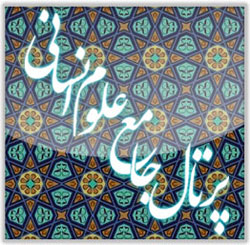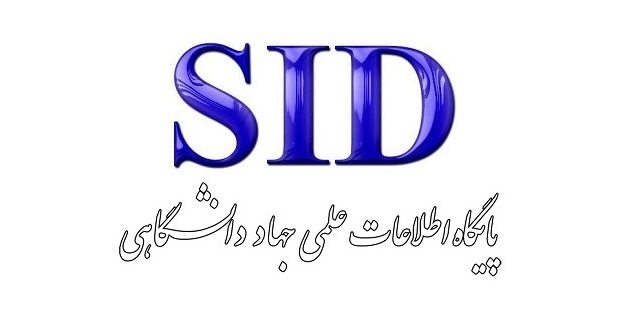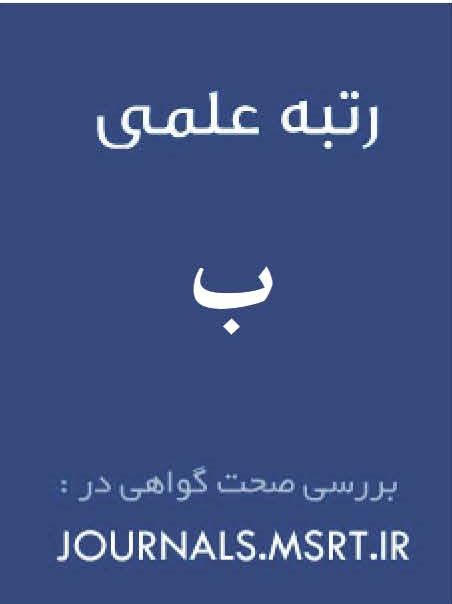Quotation and Allusion to Poetry in the Works of Bastani Parizi
Keywords:
Parizi's antiquity, works, poetry, adaptationAbstract
In contrast to most historical books, which are often characterized by a cold and heavy prose, the majority of Bastani Parizi’s historical writings are replete with anecdotes, proverbs, stories, and poems, making the texts more accessible and enjoyable for the reader. Poetry can be considered a form of artistic creativity that continuously adopts new frameworks throughout different eras, addresses a particular audience, and is composed by poets for a specific group of recipients. From its very inception and among all peoples, poetry has been intrinsically linked with meter, and in no language is unmetered speech considered poetry. However, the significance of meter is not equally valued across all nations and cultures. Poetry constitutes an inseparable part of Bastani Parizi’s pen and intellectual framework. Not only was he himself a poet, but he also possessed mastery over the treasures of both Persian and Arabic literature. Thus, when necessary, he utilized poetic references in his historical writings. In other words, the language of Bastani Parizi in crafting historical texts is intertwined with poetry. Given that poetry and humor were the two dominant literary devices favored by Bastani Parizi in his historiography, he typically inserted a verse from Persian poets into his historical narratives depending on the topic, and regarded humor in historiography as akin to sugar alongside bitter coffee. Some of the significant functions of poetry in Bastani Parizi’s historical analyses include: establishing connections between history and politics, linking society to social issues, the use of satire, and even illuminating crucial aspects of historical events such as place, time, and human experience—particularly issues related to women.
Downloads
References
1. Hejbarian H, Shafiei Bafti H. Bastani Parizi: Narrator of a New Style of History. Journal of Research in History Education. 2021(6):7-16.
2. Ranjbar MA. Paradigm Analysis of Bastani Parizi’s Historiography. University of Tehran, Journal of Historical Sciences Research. 2016;8(2).
3. Khatibi H. The Art of Prose in Persian Literature: Zavar Publishing; 2007.
4. Ravani Pour M. Legends and Beliefs of the South: Najva Publishing; 1990.
5. Yazdani-Fard H, Pourmokhtar M. Saadi's Poems in the Works of Bastani Parizi 2019.
6. Homayi Ja-D. The Art of Rhetoric and Literary Techniques: Sokhan Publishing; 2015.
7. Vaez Kashifi Sabzevari Ka-DH, Mir Jalal al-Din K. Bada'i al-Afkar fi Sanayi al-Ash'ar: Markaz Publishing; 1990.
8. Anousheh H. Persian Literary Encyclopedia: Ministry of Culture and Islamic Guidance; 2002.
9. Askari M, Barati Khansari M, Agha Hosseini H, Mostofi H, Mohammad R. Embedding Persian Poetry in Prose Texts (Focusing on 8th-Century Prose Texts) Tarikh-e Gozideh (Selected History). 2023;27(98):265-96.
10. Bastani Parizi ME. The Passage of Women Through the Path of History: Elm Publishing; 2005.
11. Bastani Parizi ME. From Pariz to Paris: Amir Kabir Publishing Institute; 1999.
12. Bastani Parizi ME. The Golden Sun of Angels: Elm Publishing; 2016.
13. Bastani Parizi ME. The Jewel Tree: Elm Publishing; 2004.
14. Bastani Parizi ME. The Mill of Seven Regions: Amir Kabir Publishing; 1985.
Downloads
Published
Submitted
Revised
Accepted
Issue
Section
License
Copyright (c) 2025 Najmeh Saadat (Author); Forouzan Haghshenas Getabi; Gholamabas Zakery (Author)

This work is licensed under a Creative Commons Attribution-NonCommercial 4.0 International License.








